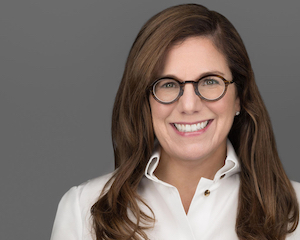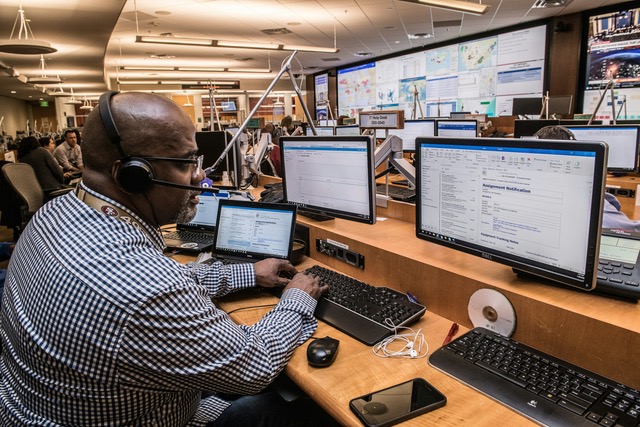By Amy Schabacker Dufrane, Ed.D., SPHR, CAE
Recently, HRCI announced its partnership with the International Facility Management
Association (IFMA). The world’s largest and most widely recognized association for
facility management professionals, IFMA supports more than 24,000 members in over
130 countries. They are also a key contributor to the development of international FM
standards, work with decision makers to inform FM-related policy and provide career
resources and continuing education. The similarities and synergies between our
organizations are striking. And our collaboration got me thinking about how partnerships
– such as this one – can accelerate organizational success and bolster the initiatives of
professionals who are focused on reshaping the workplace for the future.
First, a bit about IFMA and why our partnership is important. Similar to HRCI, IFMA
offers globally recognized credentials that demonstrate mastery of skills. HRCI is
accredited by the National Commission for Certifying Agencies (NCCA) and IFMA is
accredited by the ANSI National Accreditation Board (ANAB), something that
distinguishes both organizations.
From credentialing to career advice, IFMA provides members with networking, a robust
online knowledge library and courses on real estate, operations, sustainability, and
leadership. Both organizations are focused on the potential of people; IFMA places a
heavy emphasis on the role of the facilities in workplace strategy. The shared vision
includes setting and advancing global standards of excellence in our fields to propel the
industries and professionals we serve.
Our new partnership was made possible by IFMA’s Strategic Partner Association (SPA)
program. Established in 2021, the SPA program offers access to content and
specialized training opportunities that address a range of mission-critical roles and
cover the entire operational life cycle of the built environment.
Walking around the IFMA Conference last year, I was struck by the enormity of a
facilities manager’s role. For example, imagine being responsible for ensuring that a
wheelchair-bounded employee can exit the building in the case of an emergency? It
also made me think about how tightly aligned HR and facilities management need to be.
There’s a heightened awareness of our work environments, especially post-COVID.
We’re not just talking about building temperatures; worker concerns range from indoor
air quality, cleaning practices, and lighting. Is the facility supporting professional
networking opportunities through collaboration spaces? The expectation is that the
facility should be an integral part of workplace culture, wellness, and even learning.
Which brings me to how learning happens in today’s workplace. Long gone are the old-
fashioned classrooms that were often relegated to the facility’s basement since they
were only used when formal training was scheduled. Whether HR professionals,
facilities managers, or new entrants into the workforce eager to make their mark, folks
are investing in themselves.
Learning and certification first take place on an individual level. Our findings reveal that individuals who are investing in themselves from a certification perspective make more money and are promoted faster than others who aren’t certified. Their supervisors report that they’re more efficient and effective in their roles. They’re happier in their jobs and excited to come to work every day.
On an organizational level, businesses with five or more HR people who are certified
have better stock performance, better Glassdoor ratings, and higher revenues. So,
there’s a compelling value proposition to invest in getting people certified. I’m obviously
biased but the business outcomes and data are indisputable. Having the validation from
an external organization that has certified the professionals who are doing the job adds
value.
As I look across the core competencies of facility management in IFMA’s catalog, I can’t
help but reflect on how crucial it is to take such certifications to heart. From project
management to operations and maintenance, and from information management to real
estate, IFMA’s certifications ensure that your HRCI certified HR professionals and IFMA-
certified facilities managers will be aligned. Our shared values, commitment to
governance, and adaptive capacity to operate in complex, ever-changing environments
make this a partnership that can benefit all.

